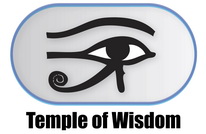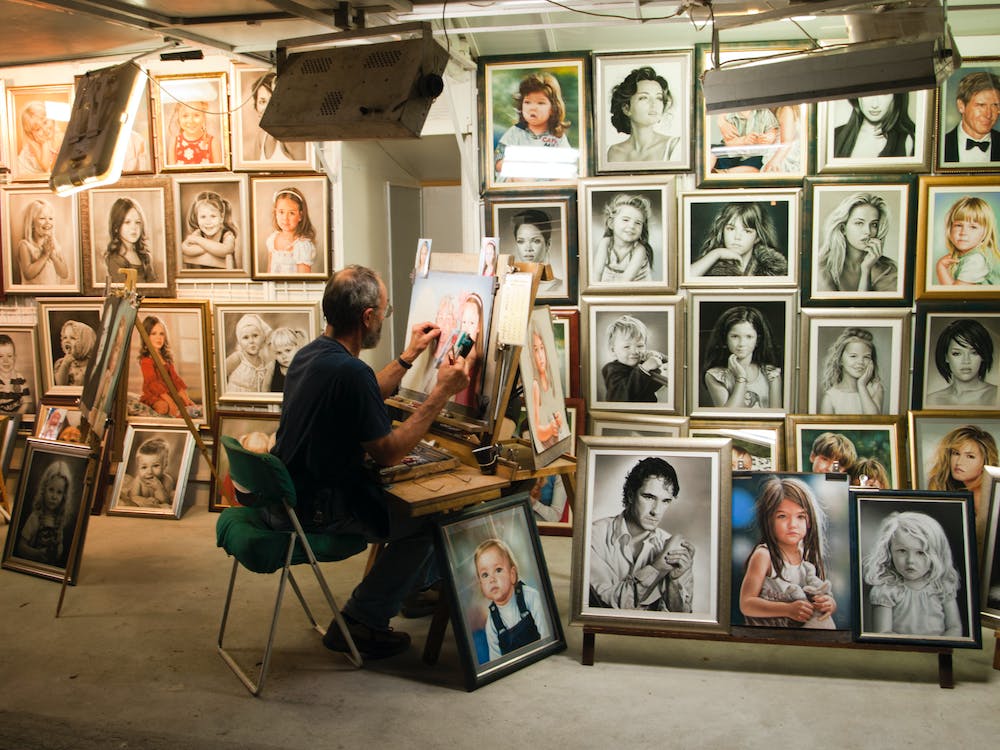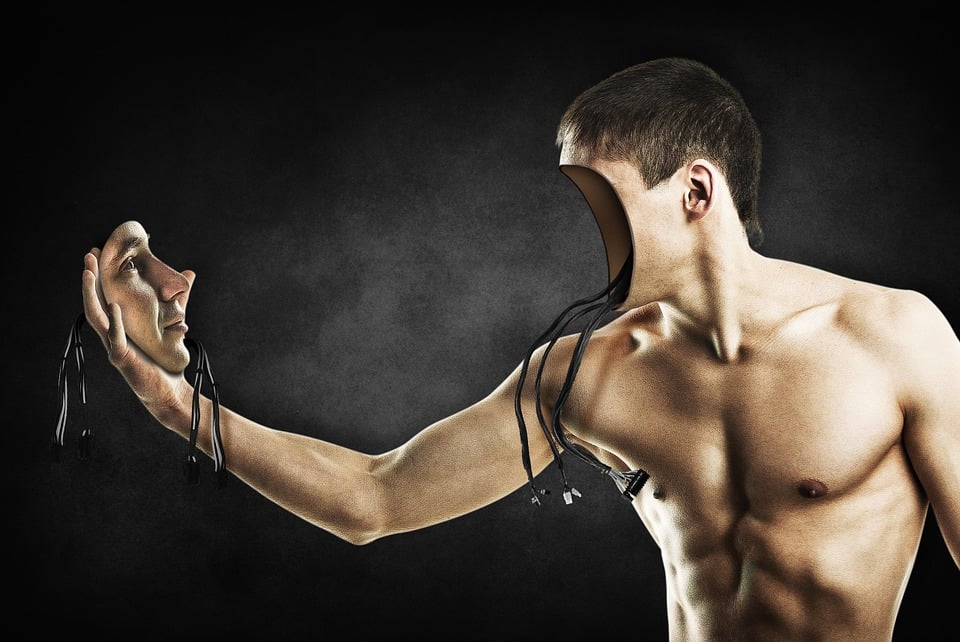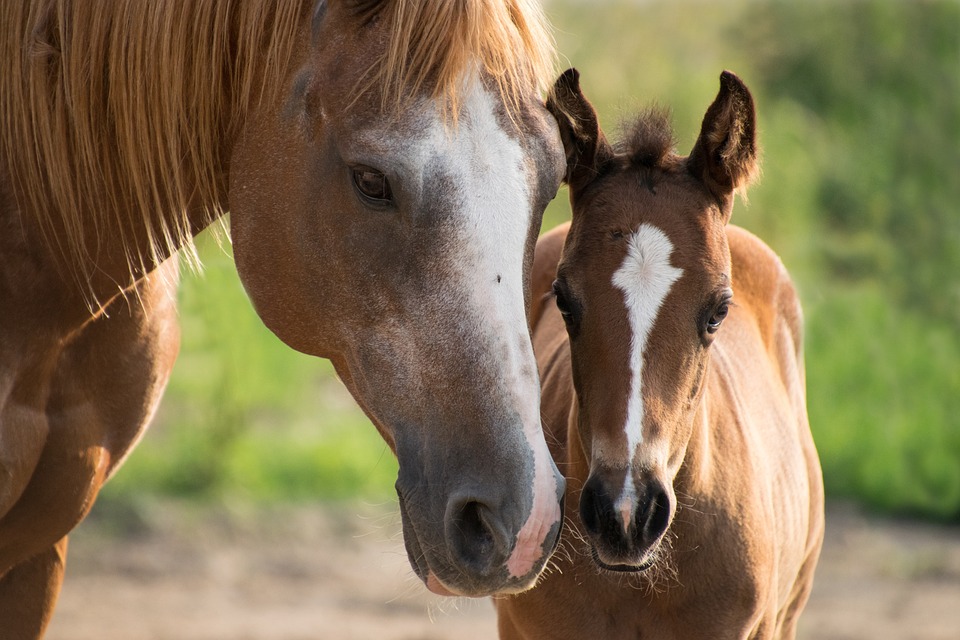
Stand-up comedy has been an essential aspect of American entertainment for decades. This art form has undergone a substantial evolution from its early origins in vaudeville shows and burlesque houses to its current place as a staple of late-night television and streaming platforms. However, the evolution of stand-up comedy was not solely determined by artistic or cultural factors; instead, social and political factors also played a vital role in its development. This essay aims to examine how social and political factors influenced the development of stand-up comedy in the USA.
One of the most significant social factors that impacted the development of stand-up comedy in the USA was the changing role of humor in American culture. Humor has always been a fundamental aspect of American life, but its usage has evolved over time. In the early days of the republic, humor was typically used to defuse tension and promote unity. However, by the early twentieth century, humor had taken on a more subversive tone, reflecting a growing dissatisfaction with the status quo. This shift in the usage of humor was reflected in the rise of vaudeville shows and burlesque houses, where comedians used humor to push boundaries and challenge social norms.
The Great Depression was a critical turning point in the development of stand-up comedy. The economic and social upheaval caused by the Great Depression created an environment in which humor became an essential tool for coping with hardship. Many comedians of the time used humor as a means of commenting on the social and economic issues of the day, often using satire and irony to highlight the absurdity of the situation. This era gave rise to legendary comedians like Jack Benny, George Burns, and Gracie Allen, who used humor to both entertain and provide a commentary on the world around them.
The Second World War and the post-war period were also significant in the development of stand-up comedy. The war brought about a renewed sense of patriotism and unity in America, which was reflected in the humor of the time. Many comedians of the era used humor to promote national unity and support the war effort. However, the post-war period saw a return to the subversive humor of the early twentieth century. The rise of television and the proliferation of comedy clubs created new opportunities for comedians to express themselves and push boundaries. The post-war era saw the emergence of legendary comedians like Lenny Bruce, who used humor to challenge social norms and provoke thought.
Political factors also played a vital role in the development of stand-up comedy in the USA. The Cold War and the Red Scare of the 1950s had a significant impact on the type of humor that was acceptable in America. The fear of communism and the perceived threat to American values resulted in a renewed emphasis on patriotism and traditional values. Many comedians of the time were forced to tone down their humor or risk being labeled as unpatriotic or subversive. However, this repression also gave rise to a new type of comedy that used irony and satire to criticize the excesses of American society. Comedians like Mort Sahl and Dick Gregory used their humor to challenge the status quo and raise awareness of social and political issues.
The Civil Rights Movement of the 1960s also had a significant impact on the development of stand-up comedy. The struggle for civil rights created a new awareness of racial and social issues in America, which was reflected in the humor of the time. Many African American comedians used humor to challenge racial stereotypes and promote equality. This era saw the emergence of legendary comedians like Richard Pryor, who used humor to challenge social norms and raise awareness of the issues facing African Americans.
The feminist movement of the 1960s and 1970s also had a significant impact on stand-up comedy. The struggle for women’s rights created a new awareness of gender issues.
Female comedians like Joan Rivers, Phyllis Diller, and Lily Tomlin used humor to challenge traditional gender roles and break down barriers for women in comedy. Their comedic styles ranged from witty one-liners to social commentary, and they tackled issues such as sexism, relationships, and motherhood.
The rise of political correctness in the 1980s and 1990s also had an impact on stand-up comedy. The focus on inclusive language and avoiding potentially offensive material meant that many comedians had to adapt their material to fit within the confines of political correctness. Some comedians embraced the challenge and used it as a way to push creative boundaries, while others felt stifled by the limitations.
In recent years, the political climate has once again influenced stand-up comedy. The divisive political climate and social issues like #MeToo have led to a new wave of comedians who use humor to comment on the current state of society. These comedians use satire and irony to highlight social and political issues, often taking on controversial topics such as race, gender, and sexual orientation.
In conclusion, social and political factors have had a significant impact on the development of stand-up comedy in the USA. From the early days of vaudeville and burlesque to the modern era of streaming platforms and late-night television, humor has always reflected the social and political climate of its time. The changing role of humor in American culture, economic and social upheavals, war, patriotism, civil rights, feminism, political correctness, and current social issues have all influenced the evolution of stand-up comedy in the USA. Comedians have used humor as a tool to entertain, cope with hardship, comment on the world around them, challenge social norms, and raise awareness of social and political issues. Stand-up comedy continues to evolve, reflecting the ever-changing social and political climate of America.







